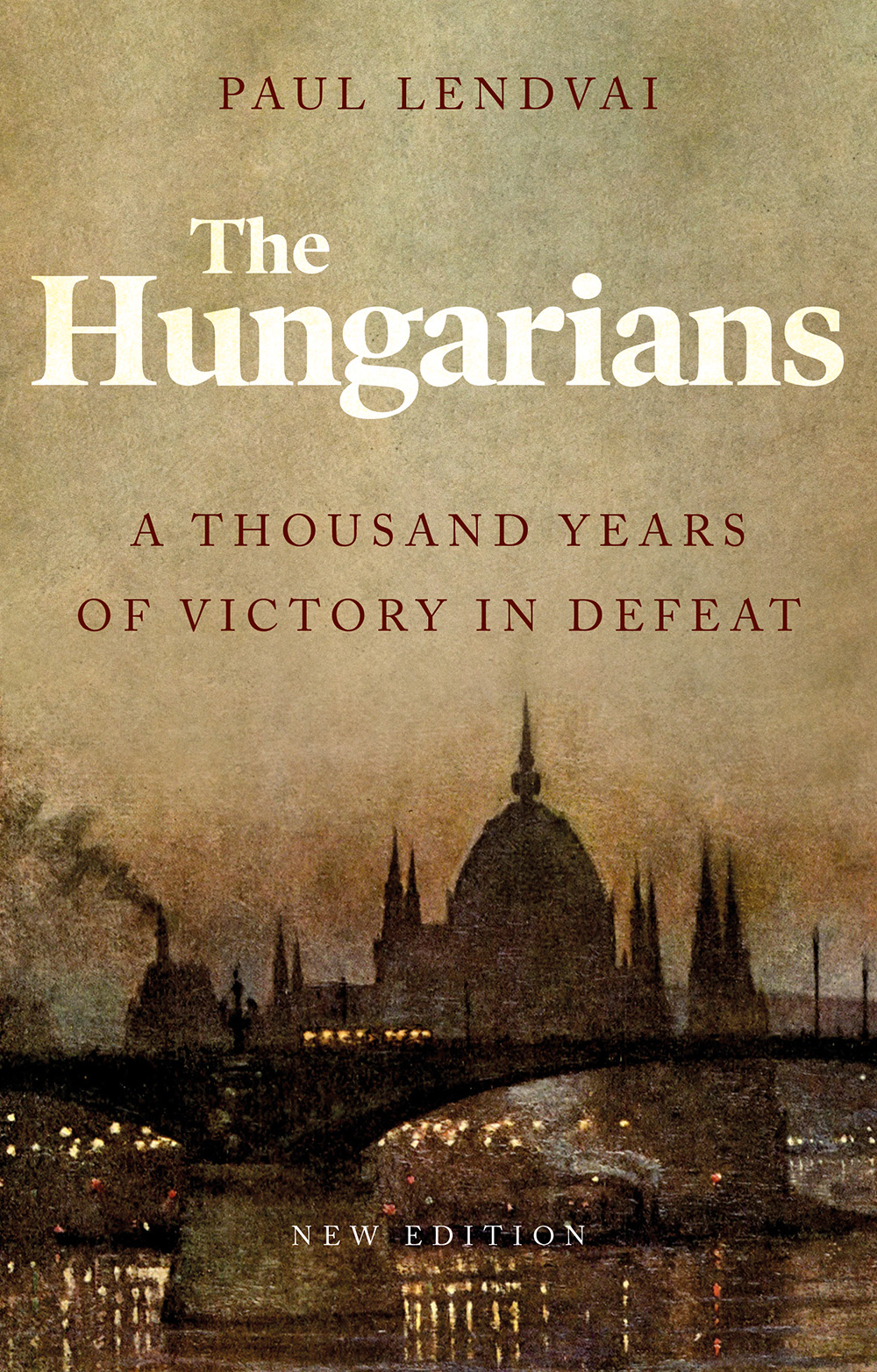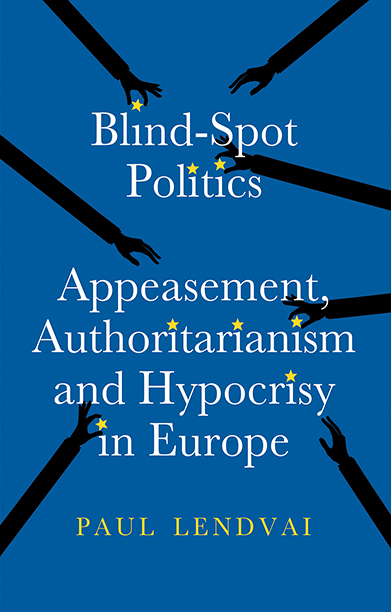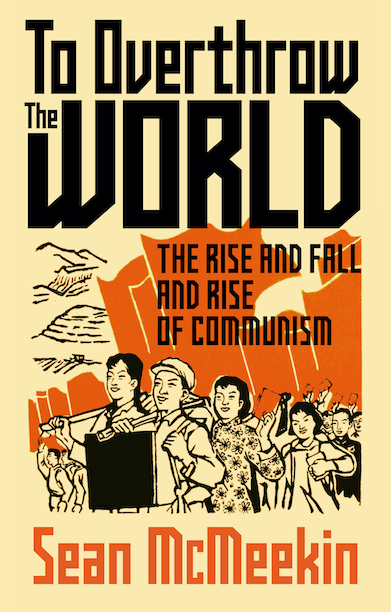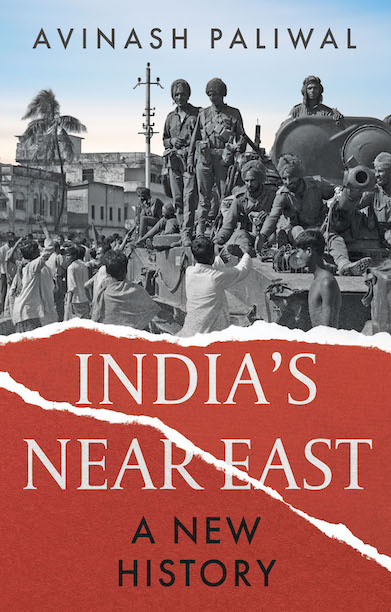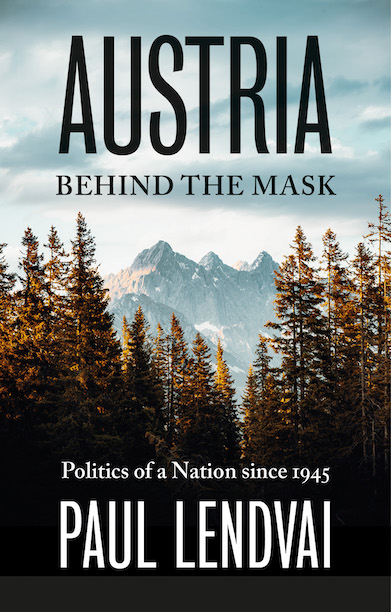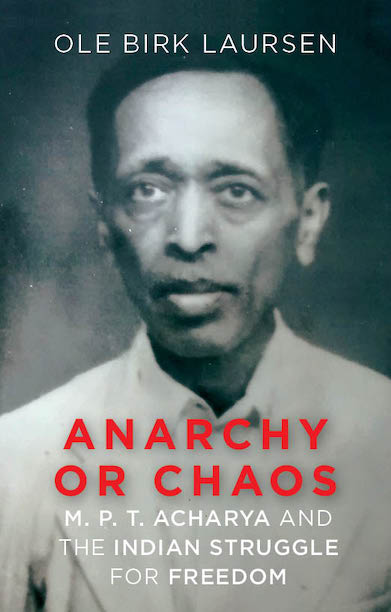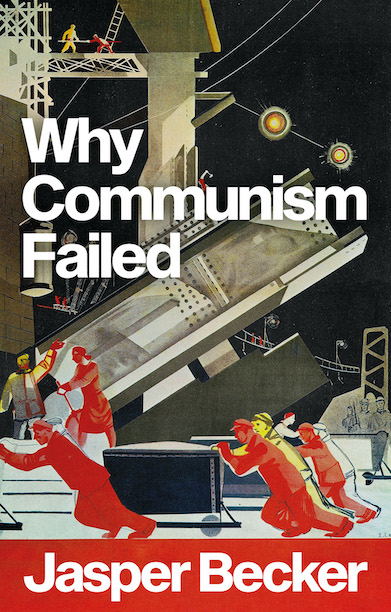Description
This is a comprehensive history of a legendarily proud and passionate but lonely people. Much of Europe once knew them as ‘child-devouring cannibals’ and ‘bloodthirsty Huns’, but it was not long before the Hungarians became steadfast defenders of Christendom and fought heroic freedom struggles against the Tartars, the Turks and, among others, the Russians.
Paul Lendvai tells how, despite a string of catastrophes and their linguistic and cultural isolation, the Hungarians have survived as a nation-state for more than 1,000 years. He traces Hungarian politics, culture, economics and emotions, from the Magyars’ dramatic entry into the Carpathian Basin in 896 to the brink of the post–Cold War era. Lendvai brings to life the short-lived revolutionary triumphs of 1848-9 and 1918-19; the traumatic Treaty of Trianon (1920) which deprived Hungary of Transylvania and other historic Magyar lands; and the successive Nazi and Communist tyrannies. These are among the episodes that have formed the consciousness of the Hungarian people.
Through anecdotes of heroes and traitors, victors and victims, geniuses and impostors, Lendvai conveys the multifaceted interplay of progressivism and economic modernisation, versus intolerance and narrow-minded nationalism, on the grand stage of Hungarian history. This work is a blend of narrative, irony and humour; of occasional anger without taboos or prejudices. It also offers an authoritative key to understanding how and why this corner of Europe has produced such a galaxy of great scientists, artists and entrepreneurs.
Reviews
‘The writing of national histories is . . . justified by the erudition and intellectual brilliance of the [author]. To this one must add, as a special attraction, the charm, wit and healthy cynicism of The Hungarians.’— Times Literary Supplement
‘Glorious, immensely readable’ — The Economist
‘A pleasure to read. . . . Mr. Lendvai has done a remarkable job. His book is easily the best history of Hungary in English. . . . What s remarkable is how many extraordinary individuals, admirable and otherwise, we come across in this small nation’s history.’ —Stephen Goode, Washington Times
‘When Paul Lendvai, the indefatigable observer of Eastern Europe, writes a book, he usually has something exciting to relate . […] This book is a well-constructed mixture of historical facts, political judgements, and cultural anecdotes.’ — Der Spiegel
‘Researched and constructed in a masterly fashion, this should become a standard work on Hungary. […] It reads almost like a historical novel….warmly recommended.’ — Die Presse
‘[R]ewarding, entertaining, and well written. . . . [F]ar more substantial than the witty musings to be found, for example, in Luigi Barzini’s The Italians. . . . No one who is interested in Hungary should miss reading this book.’ — Nicolas Parsons, Hungarian Quarterly
‘An outstanding storyteller. [Lendvai] not only presents scientifically based facts and analysis but also tells the reader a story. . .. A compact overview of Hungarian history, a wonderful collection of biographical sketches and a subtle description of the ‘Hungarian temperament’.’ — Neue Zürcher Zeitung
‘Paul Lendvai is a sharp-eyed observer of the world around him.’ — Hungarian Spectrum
‘An exhaustive history of the Hungarian people. . . . The author has written a sympathetic account of Hungarian history. Yet the book also exposes the blemishes along with the heroism. . . . For those interested in the history of an art of Europe that has been shrouded in mystery and cliché, it’s a helpful handbook.’—Anne Gyulai, The Montreal Gazette
‘This brief narrative of Hungarian history, elegantly translated into English, is written with verve, profound insights, and just the right degree of cynicism. It well explains the dilemma of a respectable old state squeezed between more powerful neighbours, the contradiction between individual genius and repeated national failure, and the recurring tragic conflict between the defense of nationhood and messianic nationalism.’ —Istvan Deak, Seth Low Professor Emeritus of History, Columbia University
Author(s)

Paul Lendvai, a Hungarian-born Austrian journalist and author, was the Vienna correspondent for the Financial Times for over twenty years. His most recent books, all published by Hurst, are Blind-Spot Politics; Austria Behind the Mask; The Hungarians (second edition); and Orbán: Europe’s New Strongman, which won the Prix du Livre Européen.
